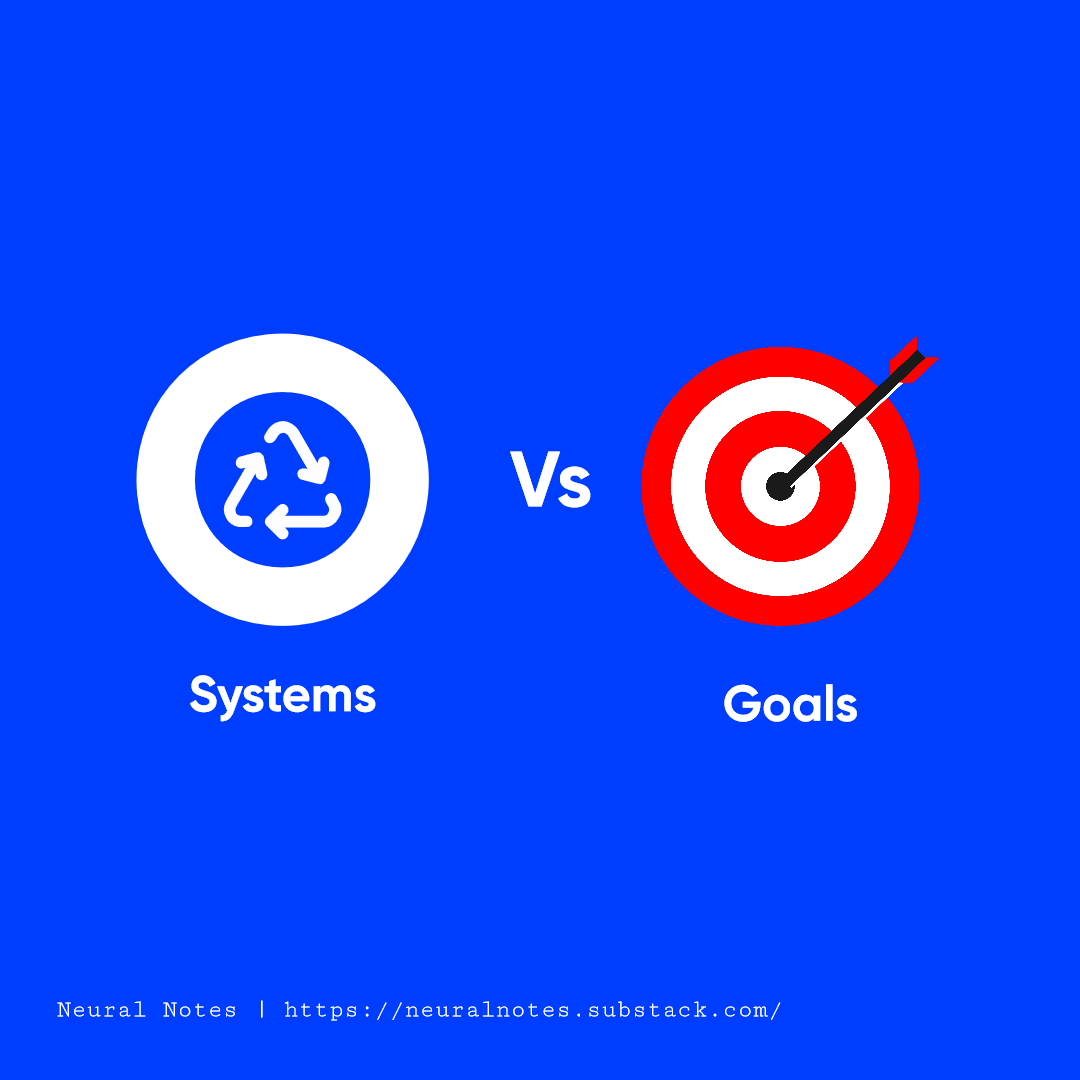Introduction
A considerable number of individuals face challenges in maintaining their habits over time. We often set numerous New Year's resolutions, such as going to the gym, saving more money, quitting smoking, spending quality time with loved ones, and more. However, we deplete our reserves of willpower, leaving us to grapple with the commitments we made to ourselves. Soon, those resolutions become a distant memory until the following year. Two primary missteps contribute to this situation:
Adopting a finite mindset
Solely relying on willpower
To Infinity and Beyond

In life, there are finite games and there are infinite games. Finite games are those that have fixed rules where two or more players compete and there is a definitive end to the game with a loser and a winner. Examples of some finite games might include baseball, cricket, chess, etc. When the time is up, the game ends and everyone gets to go home.
Infinite games, on the other hand, have known and unknown players, the rules are flexible and ever-changing, and there is no fixed finish line. Education, relationships, and business serve as prime examples of infinite games. There is no winning in education. Sure, you might be at the top of your class, but those metrics rarely matter when you step out of the ring into the real world. Similarly, there is no “winning” in relationships or business as success is an ongoing process rather than a decisive outcome.
The point of the infinite game is to keep playing it. It is to perpetuate the game. If players deplete their willpower or resources, they exit the game, making room for new participants to take their place. No one of us will ever be declared as the winners of relationships, friendship, or learning. These are infinite games that cannot be won, in traditional terms.
In contrast, leaders who adopt an infinite mindset focus on continuous improvement in their products, services, and work environments compared to yesterday. Their primary objective is to sustain their presence in the game for as long as possible. The emphasis is on survival and perpetuity rather than fixating on immediate rankings or short-term achievements.
Systems Thinking
In his book "Atomic Habits," James Clear delves into a similar concept, emphasizing the importance of building systems that help us in accomplishing our goals, rather than fixating solely on the goals themselves. He writes, “The purpose of setting goals is to win the game. The purpose of building systems is to continue playing the game. True long-term thinking is goal-less thinking. It’s not about any single accomplishment. It is about the cycle of endless refinement and continuous improvement. Ultimately, it is your commitment to the process that will determine your progress.”
The goal is not to read a book, the goal is to become a reader. The goal is not to run a marathon, the goal is to become a runner. The goal is not to learn an instrument, the goal is to become a musician.
We must direct our energy toward constructing systems that propel us toward improvement. In infinite games, there exist no finish lines, only checkpoints. These checkpoints serve as guides, directing us in the right direction. There is no destination to be reached. The fundamental objective of infinite games, by definition, is to keep playing infinitely. In such games, there are no winners or losers, nor is it a zero-sum game.
James indirectly defined infinite games when he said, "Success is not a goal to reach or a finish line to cross. It is a system to improve, an endless process to refine."
Conclusion
When we focus on the infinite game, we start to look at things differently. The absence of winners or losers fosters an environment of collective growth and mutual support, where success is measured not in isolated achievements but in sustained progress over time.
Embracing infinite games encourages us to build lasting systems, evolve with changing circumstances, and remain committed to the never-ending pursuit of excellence. It is an invitation to redefine success beyond short-term profits and to find fulfillment in the process of becoming better versions of ourselves.
The frustration of having to constantly compare ourselves to others, fueled by the era of social media, diminishes. We liberate ourselves from having to play by others’ timelines or feel disheartened by delayed results. Instead, we engage in the work, recognizing that our objective is not merely to attain six-pack abs or amass a million dollars. We participate in the game for the joy of playing itself, not solely to achieve victory.
I found my inspiration for this newsletter from Simon Sinek's book titled "The Infinite Game." If you're eager to delve deeper into this concept and do not wish to be tortured by reading this newsletter, then I recommend watching Simon explain it himself in this delightful video.


